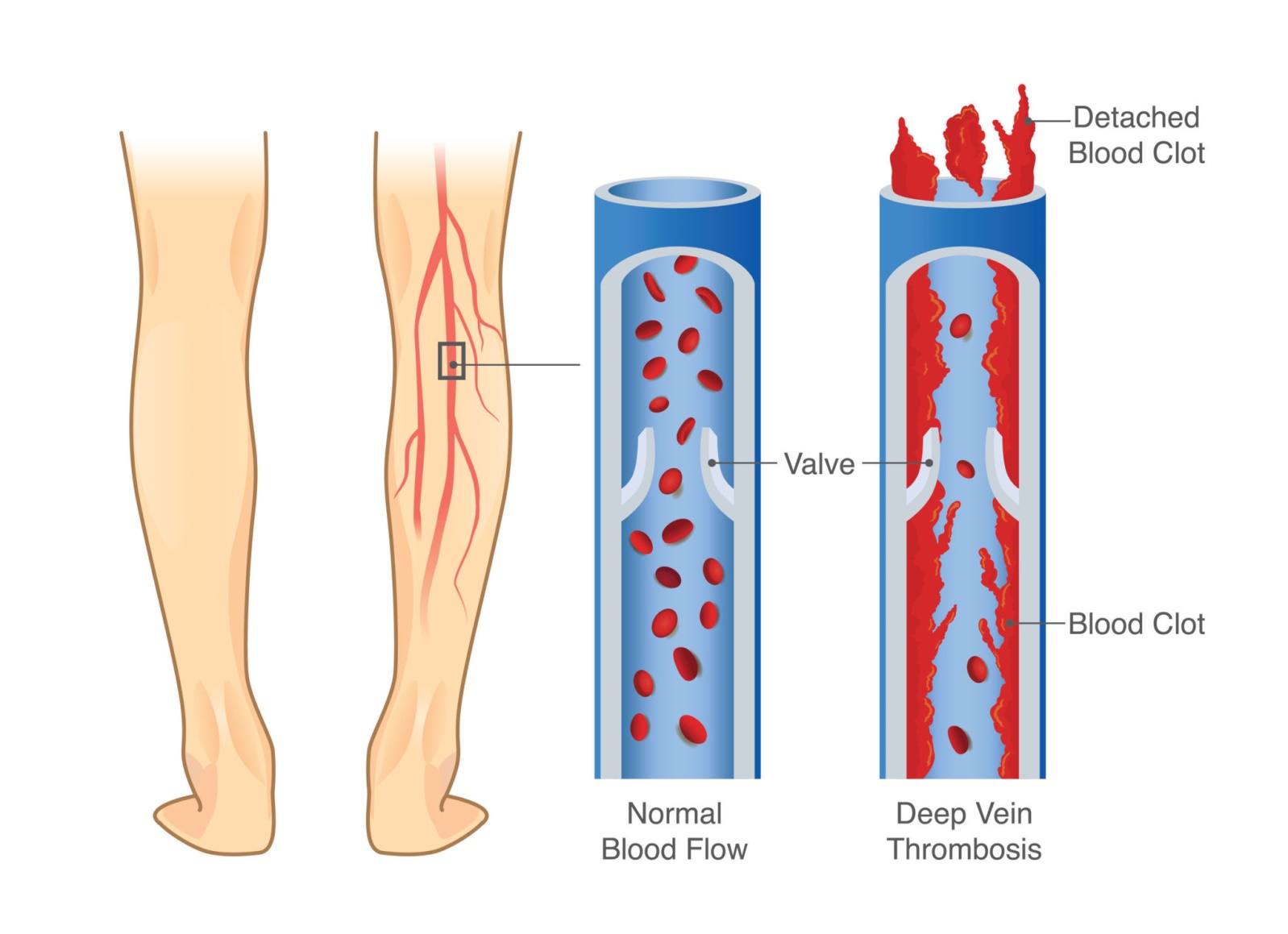A nurse is collecting data on a patient who is postoperative following aortic valve replacement. Which of the following tasks should the nurse prioritize during data collection?
Check the level of the client's pain.
Check the client's blood pressure.
Check the client's bowel sounds.
Check the client's catheter insertion site.
The Correct Answer is A
Choice A reason: Pain assessment is a critical priority for postoperative patients. After aortic valve replacement surgery, patients may experience discomfort or pain related to the incision site, chest tube placement, or other surgical interventions. Pain assessment allows the nurse to evaluate the effectiveness of pain management strategies, adjust medications as needed, and ensure the patient's comfort and well-being. Pain can also impact vital signs and overall recovery, so addressing it promptly is essential.
Choice B reason: Monitoring blood pressure is important, but it is not the highest priority immediately after surgery. Blood pressure assessment is part of routine postoperative care, but it does not directly address the patient's immediate comfort or potential complications. However, if the patient's blood pressure becomes significantly abnormal, it would require immediate attention.
Choice C reason: Checking bowel sounds is relevant for assessing gastrointestinal function, but it is not the top priority immediately postoperatively. Bowel sounds may be diminished initially due to anesthesia, surgical manipulation, or bowel rest. However, assessing pain and other vital signs takes precedence over bowel sounds in the immediate recovery period.
Choice D reason: Assessing the catheter insertion site is essential, especially if the patient has an indwelling urinary catheter. However, it is not the highest priority immediately after aortic valve replacement. Pain assessment and monitoring for complications related to surgery (such as bleeding, infection, or cardiac issues) take precedence. The catheter site can be assessed during routine nursing care.
Nursing Test Bank
Naxlex Comprehensive Predictor Exams
Related Questions
Correct Answer is B
Explanation
Choice A reason : Epinephrine is an adrenergic agonist primarily used in the management of cardiac arrest, anaphylaxis, and severe asthma attacks. It is not used to reverse the effects of warfarin overdose. Warfarin acts as an anticoagulant by inhibiting vitamin K-dependent clotting factors, and epinephrine has no role in this mechanism.
Choice B reason : Vitamin K is the antidote for warfarin toxicity. Warfarin works by inhibiting the vitamin K-dependent clotting factors II, VII, IX, and X. In the event of an overdose, vitamin K is administered to reverse the anticoagulant effects of warfarin and restore the clotting factor levels to normal. The administration can be oral or intravenous, depending on the severity of the overdose and the urgency of the situation.
Choice C reason : Atropine is an anticholinergic drug used to treat bradycardia (slow heart rate) and as an antidote for organophosphate poisoning. It does not have a role in reversing warfarin overdose as it does not affect the clotting cascade or vitamin K metabolism.
Choice D reason : Protamine is used to reverse the effects of heparin, another anticoagulant, but not warfarin. Protamine sulfate binds to heparin, forming a stable complex and neutralizing its anticoagulant effects. Since warfarin's mechanism of action is different from heparin's, protamine is not effective in reversing warfarin toxicity.

Correct Answer is D
Explanation
Choice A reason : Assisting the client into a standing position is part of the process for checking orthostatic hypotension, but it is not the first action to take. The initial measurement should be taken while the client is supine to establish a baseline blood pressure before any position changes.
Choice B reason : Determining the client's blood pressure 1 minute after each position change is important for diagnosing orthostatic hypotension, but it follows after the initial supine measurement. This step is to observe changes in blood pressure that may indicate orthostatic hypotension.
Choice C reason : Placing the client in a sitting position is another step in the process of checking for orthostatic hypotension. However, it is not the first action. The nurse should first measure the blood pressure in the supine position, then sitting, and finally standing.
Choice D reason : This is the correct first action. Checking the client's blood pressure in a supine position provides a baseline measurement. After this, the nurse can compare the blood pressure readings after the client sits and stands to identify any significant drops that would indicate orthostatic hypotension.
Whether you are a student looking to ace your exams or a practicing nurse seeking to enhance your expertise , our nursing education contents will empower you with the confidence and competence to make a difference in the lives of patients and become a respected leader in the healthcare field.
Visit Naxlex, invest in your future and unlock endless possibilities with our unparalleled nursing education contents today
Report Wrong Answer on the Current Question
Do you disagree with the answer? If yes, what is your expected answer? Explain.
Kindly be descriptive with the issue you are facing.
